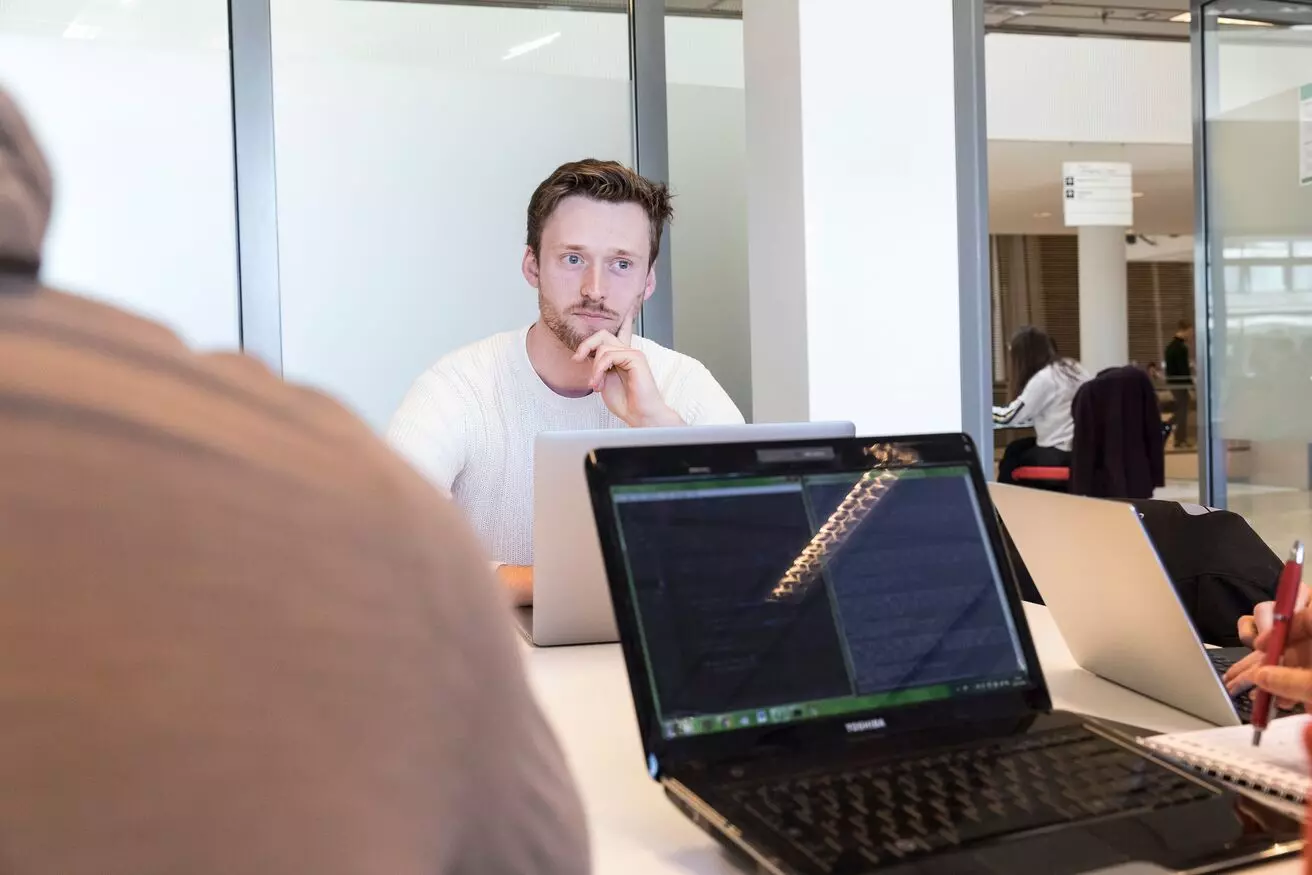This website uses cookies
We, and third parties, use cookies on our website. We use cookies to ensure that our website functions properly, to store your preferences, to gain insight into visitor behavior, but also for marketing and social media purposes (showing personalized advertisements). By clicking 'Accept', you agree to the use of all cookies. In our Cookie Statement. you can read more about the cookies we use and save or change your preferences. By clicking 'Refuse' you only agree to the use of functional cookies.
Not found

More vacancies

Postdoc position: Algebraic Complexity, Asymptotic Spectra and Tensors
- Faculty of Science
- €3.546 - €5.538
- PhD
- Closes on16-01-2026
Do you enjoy working on interdisciplinary research problems at the intersection of mathematics, theoretical computer science and quantum information theory? Are you interested in algebraic complexity theory, fast matrix multiplication algorithms, the geometry and representation theory of tensors, asymptotic spectrum duality, and applications? The research group of Jeroen Zuiddam at University of Amsterdam is looking for an enthusiastic postdoctoral researcher to advance various exciting research directions.
View vacancy

PhD Position in Automated Chemical Research Platforms
- Faculty of Science
- €3.059 - €3.881
- Master's
- Closes on15-01-2026
Are you fascinated by the future of chemical research and curious about how automation and data-driven approaches are reshaping laboratories? Do you want to contribute to an ambitious, interdisciplinary research project at the interface of chemistry, technology and industry? Then this PhD position within the INCEPTION project may be for you.
View vacancy
.jpg)
Project Leader - Educating the Holomicrobiome Human Capital
- Faculty of Science
- €3.546 - €5.538
- Master's
- Closes on25-01-2026
Are you passionate about microbiome science and eager to shape the future of education in this field? Do you thrive in an interdisciplinary research setting and enjoy collaborating with diverse educational partners? Then we are looking for you!
View vacancy
